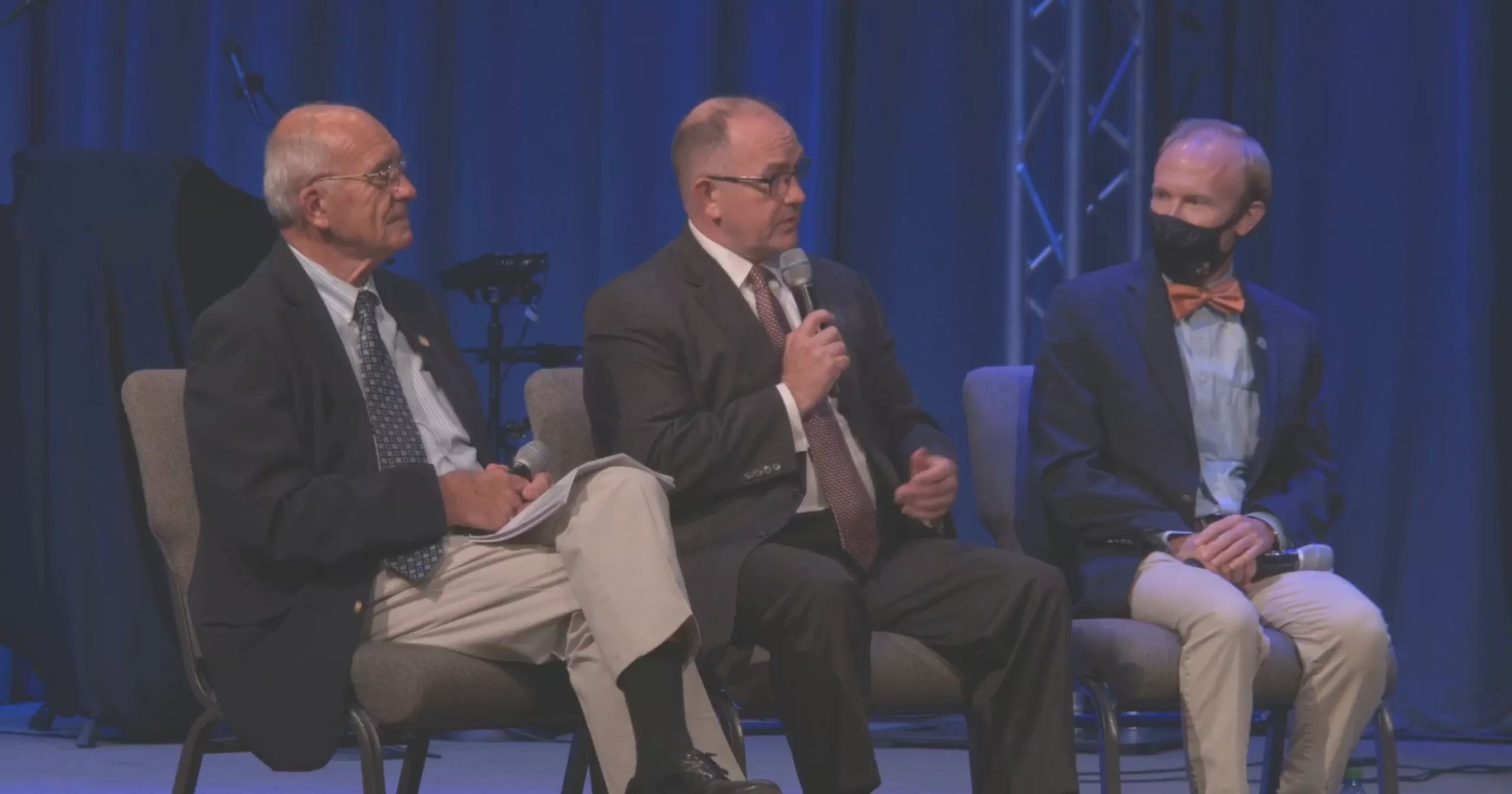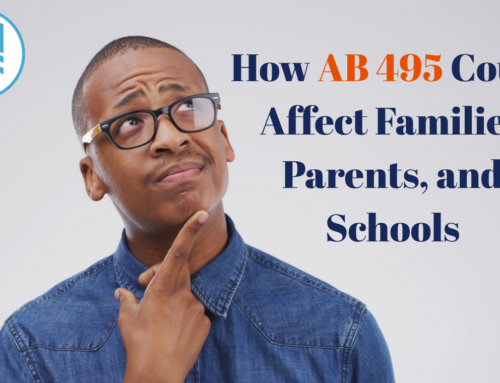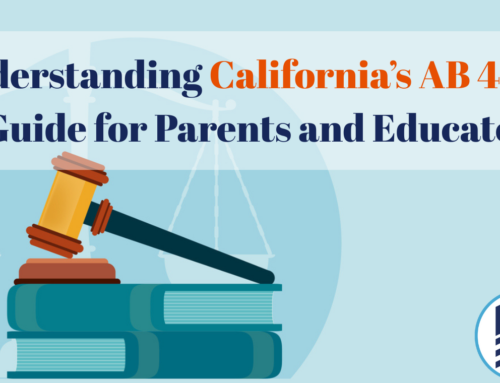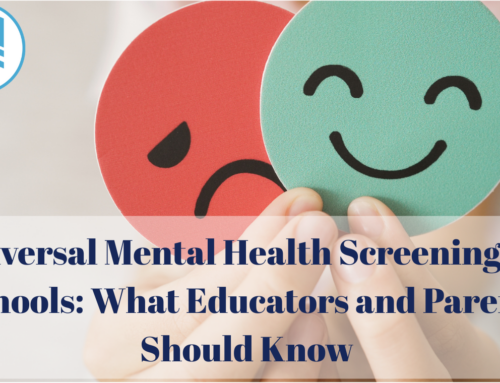
40% of parents in Lynchburg, Virginia, have chosen to walk away from free, public education, according to Lynchburg City’s Councilman Jeff S. Helgeson. “How bad does the product or the service have to be…for 40% to say, ‘keep it?’ ”
Why are so many parents opting their children out of public education?
One central reason is the decline in its quality—a decline that is marked by steadily dropping SOL numbers.
The Virginia Department of Education defines SOL’s as “Standards of Learning…that describe the commonwealth’s expectations for student learning and achievement in grades K-12 in English, mathematics, science, history/social science, technology, the fine arts, foreign language, health and physical education, and driver education.”
In Lynchburg, SOLs have dropped to 20% below the state average.
This sort of decline must be stopped. But how?
On September 16, the NWEF hosted a Q&A panel with three experienced government/education officials to discuss the role of government in education. In that discussion, each panelist shares a clearer view of what’s going on inside the bureaucratic monopoly of education that is slowly sabotaging itself from the inside out.
A Crumbling System
Since America’s founding, it has been the prize of man to have freedom of choice and the right to an education. But throughout the years, something happened inside the system that Helgeson calls “Punting to the bureaucrat expert[s].”
And in this case, that’s what it means when parents give their right to choose what’s best for their children over to unqualified government officials
“I don’t think the department of education always has the best interest [of the student in mind],” says Jason Johnson, chairman of the Bedford County School Board in Virginia.
When it comes to making educational choices for children, “[Parents should] have the ultimate choice,” adds Helgeson. “When it’s my choice, it’s a much better choice than somebody deciding for me.”
Consequently, punting to the expert has led to the relentless tightening of the bureaucratic grip on education—resulting in a monopoly.
And it doesn’t stop there. Inside this monopoly, the bureaucratic entities suffocate their own system by “[regulating] us to death,” as Helgeson puts it. This is no surprise, really. Because “when you don’t have competition, what you have is everything sinking. Everything is going down.”
Enriching Education with Choice and Creativity
In the effort to begin breaking this monopoly, some reforms must take place—starting with some new laws that will encourage school choice and use tax dollars fairly and efficiently.
“We have to have some fundamental changes in the Constitution and certainly in some of the laws in Virginia that would actually allow the money to follow the student…we’ve got to start the process,” says Delegate Charles Poindexter of Virginia’s 9th District.
Another key factor of beginning school choice reform can be done through “[unleashing] the creative potential of…teachers,” Johnson points out. “If school administrators and school boards trust their teachers and allow them to try new things, within the flexibility that they have, they can still do really fascinating, innovative, enriching work.”
The oppressive framework of the academic monopoly, reinforced by stifling regulations, has resulted in another major consequence: many teachers are leaving the field—leading to severe teacher shortages.
However, there may be a way to remedy this issue in the way that teachers are “qualified.”
How would that work? Helgeson suggests that teachers do not necessarily need to be certified to teach, but instead experts in their field and have the heart to share their expertise. For example, Helgeson himself earned an M.S. in Financial Services and has worked in the business world. Although he never earned a teaching degree, he now teaches corporate finance at the college level.
Johnson echoes this method of inviting real experts into the realm of teaching. “[We should] allow more real-world experience into the classroom, not only would that enrich the student experience, but it would also address the teacher shortage.”
As well as inviting teachers to unleash their creativity, and experts to share their expertise, Helgeson adds that reforming the system must include teaching good character and discipline. It’s because the goal is to build “a good learning environment so all children can learn.”
Political Football
When you think of a good learning environment where all children can learn, what do you picture? A classroom filled with kids having cute smiles and bright eyes?
Think again… or maybe reimagine it. Inside the bureaucratic monopoly version of this environment, there’s a game of “political football” going on. In other words, every social issue that surfaces is making its way into the classroom as part of a twisted political-instructional agenda.
To give an example, Helgeson paints this picture, “[A student sees his friend not wearing a mask], so [that means he’s] trying to kill me!… The fear that it puts in these children is rotten. It’s going to have long-term effects.”
The emotionally charged pandemic has definitely taken its toll on students and the classroom. “[Regarding mask mandates and safety regulations], the Commonwealth of Virginia’s government has totally failed [in this area],” Poindexter says. He points out that COVID-19 data was not and has not been properly gathered and displayed, and “when people don’t really understand what’s going on, they’re going to be unhappy.”
Honesty is the Best Policy
The ever-pressing social issues that continue seeping into the classroom must be met with the truth. “We need to be honest with things. Whether it be about gender, whether it be about race—we need to be factual on everything because our kids are seeing this,” says Helgeson.
He goes on to outline the fact that many of the modern policies regarding gender and race are disproportionate. They’re created to suit a small percentage of students and are enforced across the board.
“That really hinders education. Our teachers want to focus on education. They do not want to have to focus on calling you ma’am today and sir tomorrow … [instead, we should] look at the things that have worked for years—of how people actually think rather than saying ‘oh this textbook had a bad, naughty word in it so we’re gonna censor it.’ These kids can learn. And they can do a lot more than we give them credit for. When we push kids, I think that can be very helpful,” Helgeson concludes.
The Next Step: More Local Control
“This country got where it was because of people seeking education,” Poindexter reminds us. And, “We need education, or self-government is not going to be possible,” adds Johnson.
The steady erosion of America’s education system has led to some heavy challenges. But “the whole goal [now] is to improve education and that requires accountability and asking some tough questions,” says Helgeson.
How is accountability achieved in the school system? Through local control.
Local control is when local governing bodies and community members exercise their rights and use their voices to make sure that they are properly represented and their children are well-educated.
Helgeson says that “I’d like to see a lot more accountability by our school board members—of the bureaucrats and the superintendent … we’d go a lot further. We appointed [the school board] so they could represent the parents and those that are wanting [them] to fulfill the mission of having a quality education.”
Maintaining local control, Johnson points out, is the responsibility of the school board to “[communicate] with our counterparts—the board of supervisors, city council, and let them know what’s going on, what needs we have… It’s important for our local governing bodies to know what needs we have so they can be anticipating what funding challenges might be coming and how to prepare for those.”
How Can Parents Participate in Local Control?
Obviously, not all parents are part of the school board or local government. But they can still be a part of local control. Each panelist weighed in on this topic with practical steps to take:
- Talk to your school’s teachers and principal; ask them what you can do.
- Go talk to your school board and county superintendent and let them know what’s important to you.
- Communicate with delegates, state senators, etc…
- Attend school board meetings.
- Show up at polls and ask questions of your representatives. Make sure your questions are answered!
- Find other parents who are interested in helping enrich education.
- Don’t forget about the press; write letters to the editor.
To learn more about being involved in the school system, go to the Noah Webster Educational Foundation where you’ll find an abundance of encouragement and resources that will help you wherever you’re at!
Additional Topics
You can click here to watch the full Q&A and hear more about each of the topics explored above as well as:
- Charter schools
- Financial proceedings of the school district and “power of the purse”
- Money following students
- Implementing a merit-based pay system for teachers
- Virginia’s laws and legislation in relation to local control
- The power of the school board to say “no”
Meet the Panelists!
Jason Johnson serves as Bedford County School Board’s representative for District 2 and is also the board’s current chair. A lifelong resident of Moneta, Johnson graduated from Staunton River High School in 2001. He went on to earn his B.A. from Lynchburg College and his M.A. from Virginia Tech, where he has worked as an undergraduate academic advisor to undeclared majors (mostly freshmen) and an instructor since 2010. He was elected to the school board on November 6, 2012. Johnson also serves as the board’s representative to the Roanoke Valley Governor’s School Advisory Board.
Delegate Charles ‘Charlie’ D. Poindexter was first elected to the Virginia General Assembly in 2007. He brought with him eight years of service on the Franklin County Board of Supervisors, as well as many years of experience in the field of information systems technology. He and his wife, freelance editor and writer Janet B. Poindexter, have six adult children and ten grandchildren.
Jeff S. Helgeson is a Lynchburg City Councilman. He was elected to the Ward III City Council seat in July 2004 and has served on the council’s Physical Development and Planning Committees. Helgeson is currently chairman of the Finance Committee. In 1988, Helgeson graduated from Liberty University (LU) with a degree in Finance and went on to earn his MBA from LU in 1990. In 2001, he earned his M.S. in Financial Services from American College. Along with his duties as a council member, today he teaches corporate finance at LU. Helgeson is married to Lynchburg native and cardiac nurse practitioner, Allison Helgeson, and he carries a passion for wrestling, hunting, camping, and bluegrass guitar.




